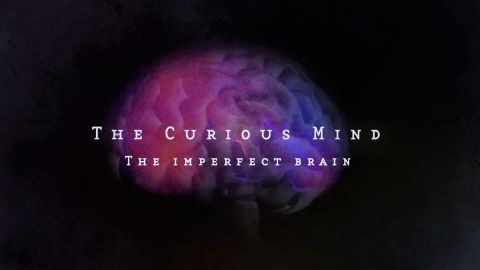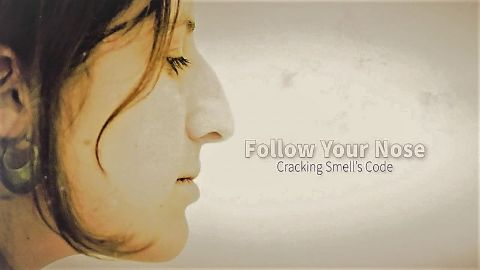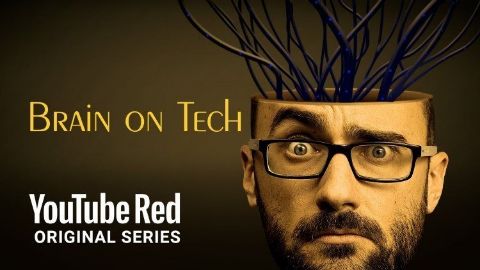You might also like
Dallas Campbell delves into the Horizon archive to discover how our understanding of intelligence has transformed over the last century. From early caveman thinkers to computers doing the thinking for us, he discovers the best ways of testing how clever we are - and enhancing it.
2011 • Brain
For most of human history, our brains dealt with pretty straight forward problems. But that brain is the exact same one we now use to post pictures of our pets on social media, fill out Excel spreadsheets, and worry about the next payment on our credit card.
S1E1 • The Curious Mind • 2020 • Brain
"Follow Your Nose" seeks to unlock the secrets of olfaction. How do we perceive smells? What messages do they contain? How do they alter and influence our brain and behavior?
2018 • Brain
An investigation into hate, produced by Steven Spielberg and Alex Gibney. Cognitive scientist Laurie Santos examines how tribalism shapes perceptions of other groups.
S1E2 • Why We Hate • 2019 • Brain
This is what you look like, on the inside, when smoking cannabis. The effects of Marijuana on your brain, and how it defines your experience.
Technology isn’t just changing our lives. It’s literally changing our brains -- and maybe for the better. In this episode, I’m a human lab rat in a groundbreaking study at UC Irvine, where scientists test how playing 3D video games affects my spatial memory. Will 10 days of gaming improve my ability to physically navigate a giant, 60-foot maze? And will an fMRI machine detect any physical changes to my brain?
S2E4 • Mind Field • 2017 • Brain





